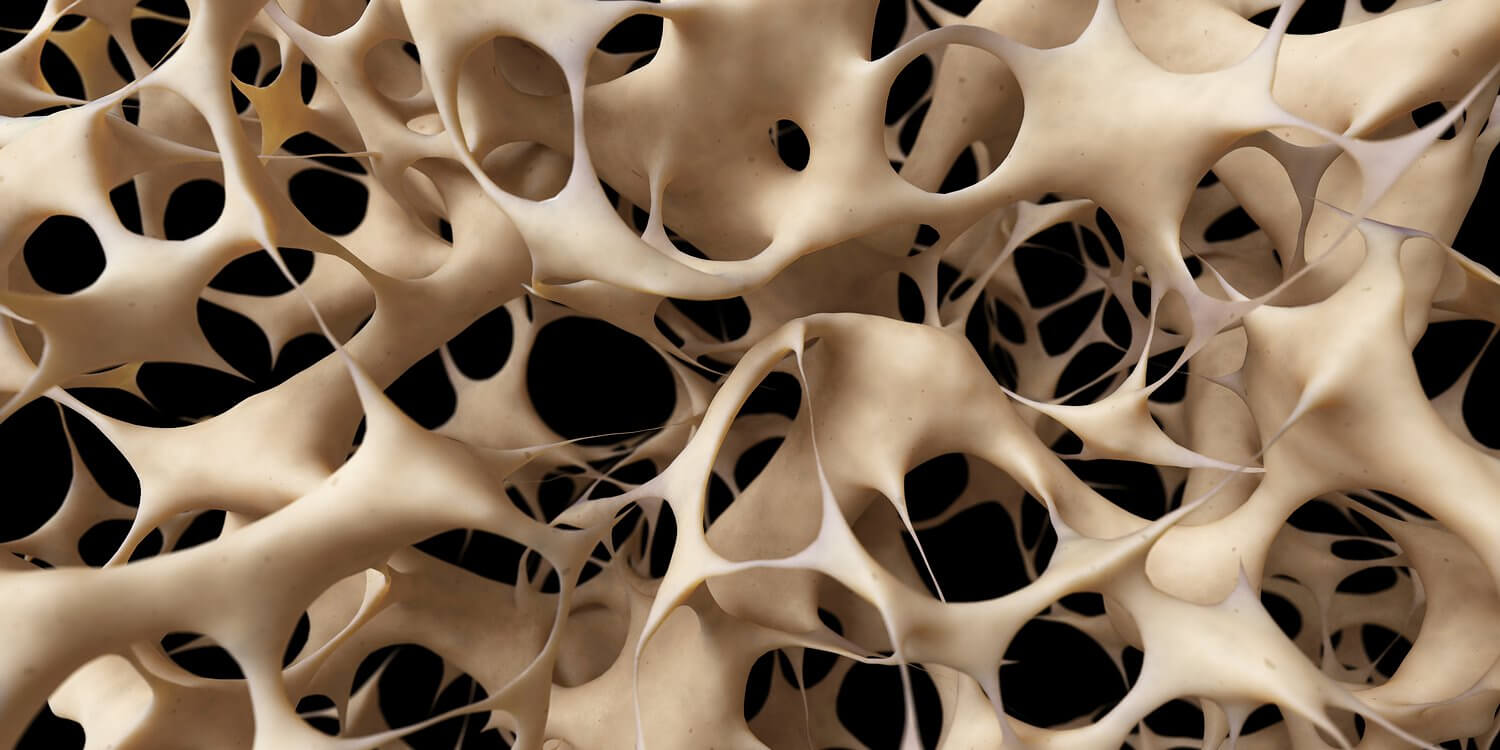Creative Machines; however, are they truly without a built in bias due to their own creator/s?
Despite nature’s bewildering complexity, the driving force behind it is incredibly simple. ‘Survival of the fittest’ is an uncomplicated but brutally effective optimization strategy that has allowed life to solve complex problems, like vision and flight, and colonize the harshest of environments.
Researchers are now trying to harness this optimization process to find solutions to a host of science and engineering problems. The idea of using evolutionary principles in computation dates back to the 1950s, but it wasn’t until the 1960s that the idea really took off. By the 1980s the approach had crossed over from academic curiosities into real-world fields like engineering and economics.
Applying natural selection to computing
Evolutionary algorithms are numerous and diverse, but they all seek to replicate key features of biological evolution, such as natural selection, reproduction and mutation. Typically these methods rely on a kind of trial and error — a large population of potential solutions to a problem are randomly generated and tested against a so-called “fitness function.” This lets the system rank the solutions in order of how well they solve the problem.
